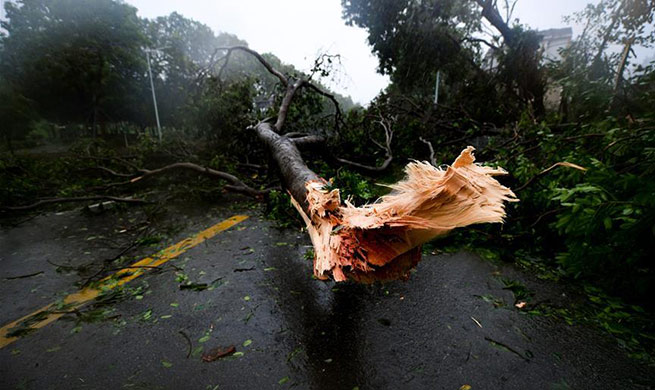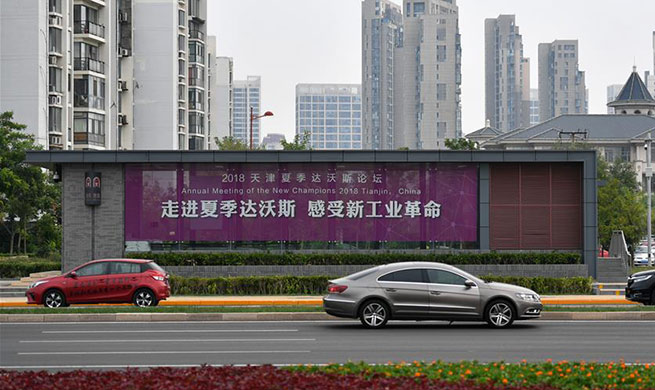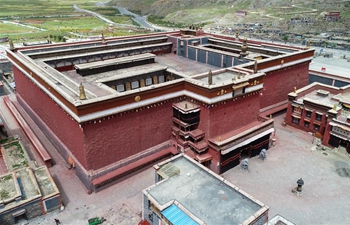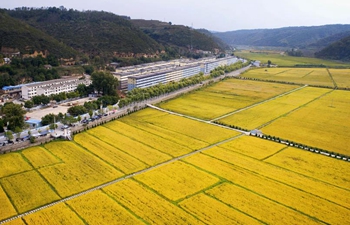DHAKA, Sept. 16 (Xinhua) -- Pollution-related causes led to 80,000 deaths in Bangladeshi cities in 2015, according to a new World Bank study released on Sunday.
The Washington-based lender said Bangladesh is one of the countries most affected by pollution and environmental risks.
To achieve upper-middle income status, Bangladesh must act now to tackle environmental degradation and pollution, especially in its cities, says the World Bank in a new report titled "Enhancing Opportunities for Clean and Resilient Growth in Urban Bangladesh: Country Environmental Analysis 2018".
The report released here at a press conference on Sunday revealed that "every year, the country loses about 6.5 billion U.S. dollars, which is about 3.4 percent of 2015 Gross Domestic Product (GDP), due to pollution and environmental degradation in urban areas."
It said, "Pollution has reached an alarming level; in 2015, it caused about 80,000 deaths in cities."
Across Bangladesh, according to the report, 28 percent of all deaths are from diseases caused by pollution, compared to a 16 percent global average.
"Bangladesh pays a high price from environmental degradation and pollution in its urban areas. This puts its strong growth at risk," said Rajashree Paralkar, World Bank acting country director for Bangladesh.
"The country must act to put in place the right policies and institutions for green growth and to ensure its industries adopt clean technologies."
According to the report, pollution and environmental degradation, including wetland encroachment and unregulated disposal of hazardous wastes, especially harm women, children and the poor.
Nearly one million people in Bangladesh, mostly poor, are at risk of lead contamination, the report said, adding this can lead to IQ loss and neurological damage, especially for children, and can increase the risk of miscarriages and stillbirths among pregnant women.
In greater Dhaka, according to the report, the sites contaminated by heavy metals are mostly in poorer neighborhoods.
The report focuses on three areas: cost of environmental degradation, clean and resilient cities, and institutions for clean industrial growth. It suggests that the country requires effective policies, a sound legal framework, and stronger institutions at the national and local levels.
Dhaka and other cities can and must do far more to prevent encroachment, as well as invest in and sustainably manage their wetlands and canals.
"This is doable. We have seen an environmental management success story in Madhabdi, a small town, that short-term investments in town planning, a clear vision, and strong-willed local leadership can turn the tide of unplanned urbanization and pollution," said Kseniya Lvovsky, World Bank Practice Manager of Environment and Natural Resources Global Practice.
"Over the last decade, Bangladesh has improved its policy and legal framework and has taken concrete steps to save the environment. We have introduced clean technologies in brick kilns and other polluting industries and have set up Continuous Air Quality Monitoring Stations in major cities," said Anisul Islam Mahmud, Bangladeshi Minister of Environment, Forest and Climate Change, who, among others, attended the report launching ceremony.













